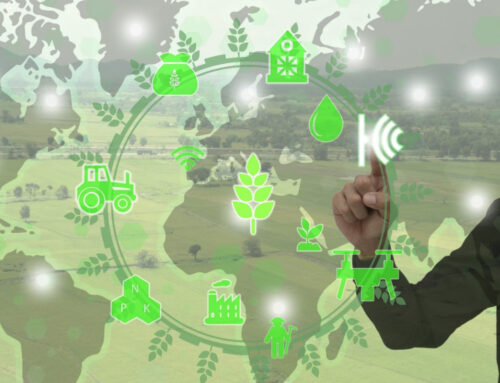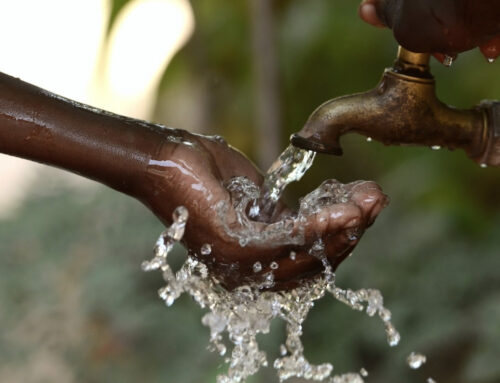To achieve increased food security and the resilience of the agricultural sector in Africa, it’s important to understand the underlying food security challenges.
The COVID-19 pandemic has left the survival of many beyond crises; this compounded by the rising inflation caused by Russia-Ukrain conflict and the current extreme weather events; have massive adverse effect on the continent’s economic growth and food security.
In Africa, smallholder farmers typically own small plots of land, without digital technologies to improve yield or farm efficiencies. They lack access to competitive markets, advisory services, farm inputs and financial services. In South Africa, the bulk of the agricultural production comes from established commercial farmers.
So, only through a fresh approach and appropriate, accessible, and affordable technologies can small farmers be included in the digital world and mainstream economy to enable the transformation and digitization of agriculture and food systems in Africa.
Hence, Cleantech and data driven farming are essential to evolve farming experience to enable greater farm productivity, improved crop yield, crop health, waste reduction and long-term environmental sustainability.
At Fourth Wave Tech, we develop clean technology solutions using Artificial Intelligence and Machine Learning to de-risk small farmers by helping them access eco-smart farming methods, support services and critical education in local languages and audio format designed for those with limited education and/or disability.
By empowering small farmers, Fourth Wave Tech helps Food & Beverage Processing companies meet their sustainability goals by procuring the best products grown the right way to advance planet health and healthy food systems.
Through real- time data small farmers can make informed decisions about their farms.
Governments and other agricultural players can better understand specific challenges facing agriculture and cost-effective ways to monitor and evaluate the effectiveness of their programs.
A digitally transformed and resilient agriculture can play a critical role in reducing hunger and vulnerability in unserved communities because historically, agriculture has been an employer of many disadvantaged and more marginalized segments of the African population.





